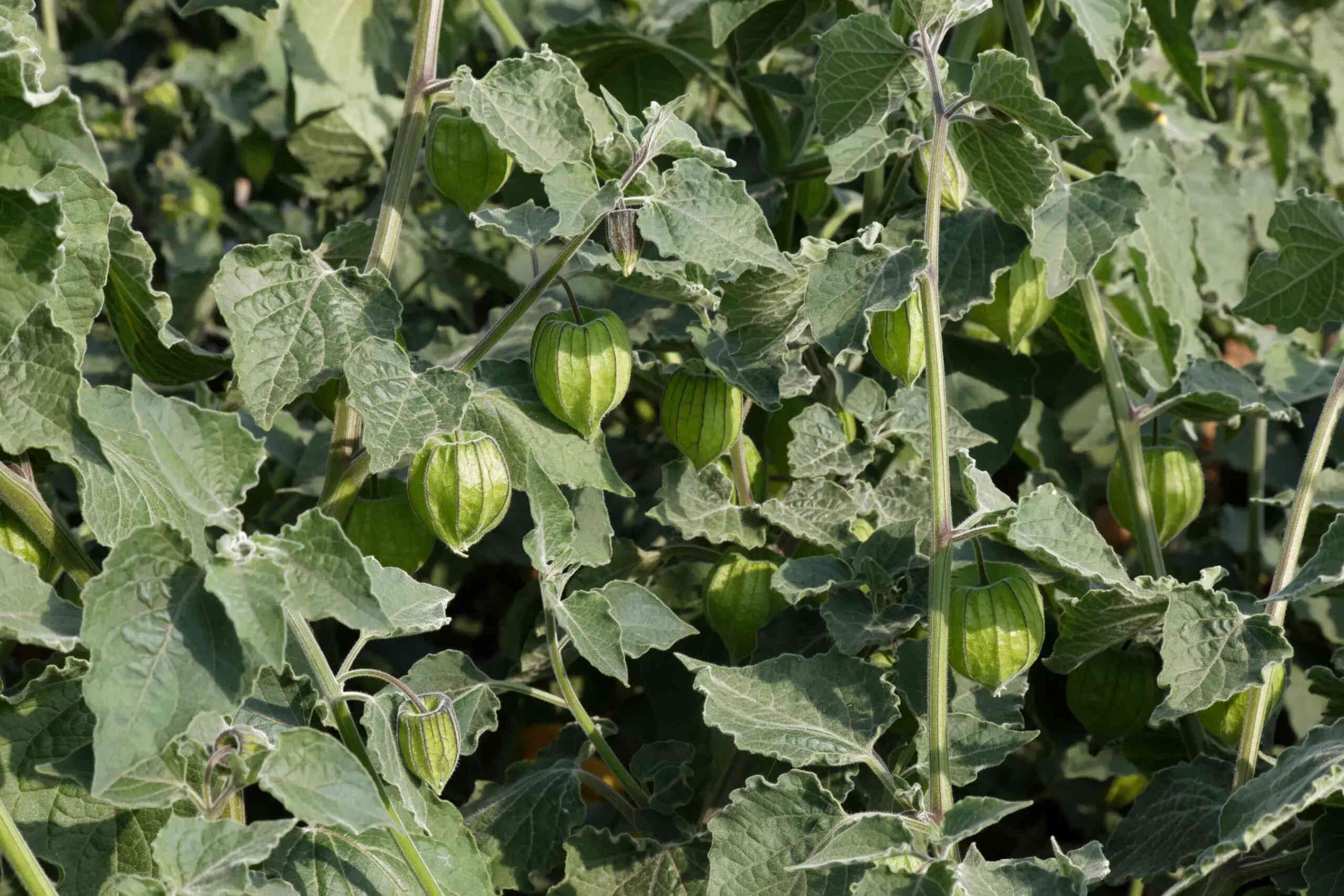
Physalis, often called ground cherries or cape gooseberries, are small, round fruits encased in a papery husk. These unique fruits belong to the nightshade family, which includes tomatoes and potatoes. Physalis fruits are not only tasty but also packed with nutrients. They offer a sweet-tart flavor that can enhance various dishes, from salads to desserts. Did you know that physalis are rich in vitamins A and C, antioxidants, and fiber? Their vibrant orange color isn't just for show; it indicates a high beta-carotene content, beneficial for eye health. Whether you're a gardener, a foodie, or just curious, these 29 facts about physalis will surprise and delight you.
What is Physalis?
Physalis, also known as ground cherries or cape gooseberries, is a small fruit encased in a papery husk. This unique fruit belongs to the nightshade family, which includes tomatoes and potatoes. Let's dive into some fascinating facts about this intriguing plant.
-
Physalis is native to South America. Originating from regions like Peru and Chile, it has been cultivated for centuries.
-
The name "Physalis" comes from the Greek word for bladder. This refers to the fruit's distinctive husk, which resembles a small, inflated bladder.
-
Physalis is related to tomatoes. Both belong to the Solanaceae family, sharing some botanical characteristics.
-
There are over 80 species of Physalis. These species vary in size, color, and taste, offering a wide range of flavors.
-
Physalis fruits are rich in vitamins. They are particularly high in vitamin C and vitamin A, making them a nutritious snack.
Growing Physalis
Cultivating Physalis can be a rewarding experience for gardeners. Here are some interesting facts about growing this plant.
-
Physalis plants prefer warm climates. They thrive in temperatures between 70-85°F (21-29°C).
-
They need well-drained soil. Physalis plants grow best in sandy or loamy soil with good drainage.
-
Physalis can be grown from seeds. Starting seeds indoors before transplanting them outside can give them a head start.
-
The plants require full sun. At least six hours of direct sunlight daily is essential for healthy growth.
-
Physalis plants can be grown in containers. This makes them suitable for small gardens or balconies.
Culinary Uses of Physalis
Physalis is not only nutritious but also versatile in the kitchen. Here are some ways it can be used in cooking.
-
Physalis can be eaten raw. The sweet-tart flavor makes it a delightful snack.
-
They can be used in salads. Adding a handful of Physalis to salads provides a burst of color and flavor.
-
Physalis makes excellent jams and jellies. The fruit's natural pectin content helps in setting preserves.
-
They can be dried like raisins. Dried Physalis can be used in baking or as a snack.
-
Physalis pairs well with cheese. The fruit's tangy taste complements various cheeses, making it a great addition to cheese platters.
Health Benefits of Physalis
Physalis offers numerous health benefits, making it a valuable addition to any diet. Here are some health-related facts.
-
Physalis is high in antioxidants. These compounds help protect the body from oxidative stress.
-
They have anti-inflammatory properties. Consuming Physalis can help reduce inflammation in the body.
-
Physalis supports immune health. The high vitamin C content boosts the immune system.
-
They promote eye health. Vitamin A in Physalis is essential for maintaining good vision.
-
Physalis aids digestion. The fruit's fiber content helps in maintaining a healthy digestive system.
Fun Facts About Physalis
Here are some quirky and fun facts about Physalis that you might not know.
-
Physalis is also known as "Inca berry." This name highlights its South American origins.
-
The husk is not edible. While the fruit is delicious, the papery husk should be discarded.
-
Physalis can be used as a garnish. The attractive husk makes it a popular choice for decorating desserts and cocktails.
-
They are sometimes called "Chinese lanterns." This name comes from the bright orange husk that resembles a lantern.
-
Physalis has been used in traditional medicine. In some cultures, it is used to treat various ailments.
Physalis in Culture and History
Physalis has an interesting place in culture and history. Here are some historical and cultural facts.
-
Physalis was cultivated by the Incas. This ancient civilization valued the fruit for its taste and medicinal properties.
-
It was introduced to Europe in the 18th century. European explorers brought Physalis back from their travels in South America.
-
Physalis is featured in Japanese festivals. The "Hozuki" festival celebrates the fruit, which is believed to bring good luck.
-
Physalis is used in traditional Chinese medicine. Known as "golden berries," they are used to treat various health conditions.
The Final Bite on Physalis
Physalis, often overlooked, packs a punch with its nutritional benefits and unique flavor. This small fruit, wrapped in a delicate husk, is rich in vitamins A, C, and B-complex, making it a powerhouse for boosting immunity and maintaining good health. Its antioxidant properties help combat free radicals, while its fiber content aids digestion. Whether you call it ground cherry, cape gooseberry, or goldenberry, this fruit is versatile in the kitchen. Add it to salads, desserts, or even sauces for a burst of tangy sweetness. Plus, growing physalis in your garden is relatively easy, offering a rewarding harvest. So next time you spot these little gems at the market, give them a try. You might just find a new favorite snack that’s as nutritious as it is delicious.
Was this page helpful?
Our commitment to delivering trustworthy and engaging content is at the heart of what we do. Each fact on our site is contributed by real users like you, bringing a wealth of diverse insights and information. To ensure the highest standards of accuracy and reliability, our dedicated editors meticulously review each submission. This process guarantees that the facts we share are not only fascinating but also credible. Trust in our commitment to quality and authenticity as you explore and learn with us.
